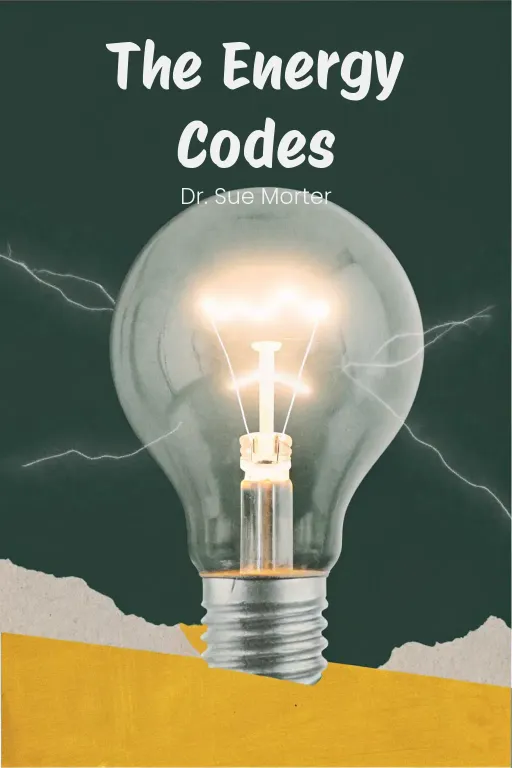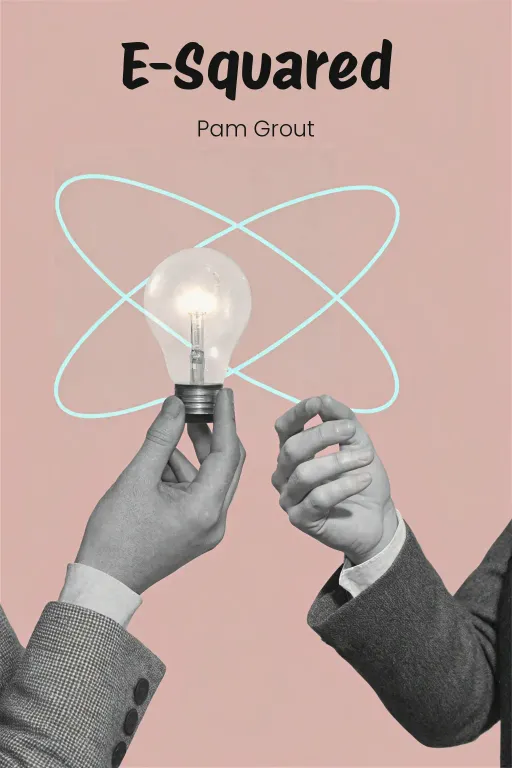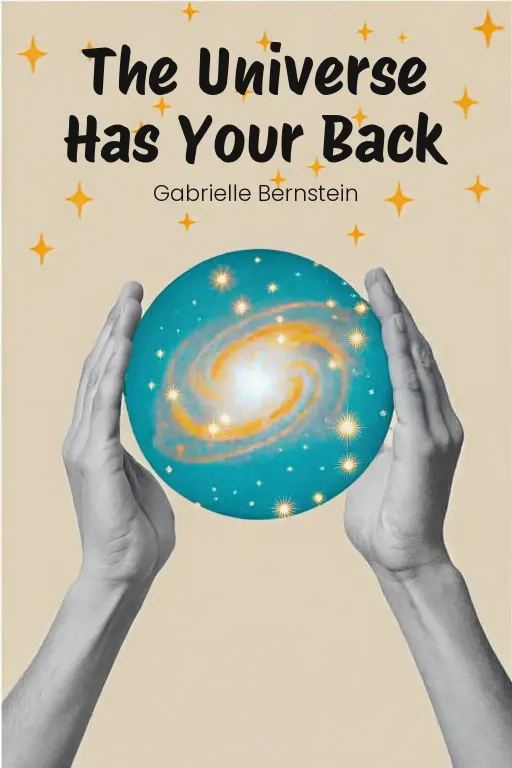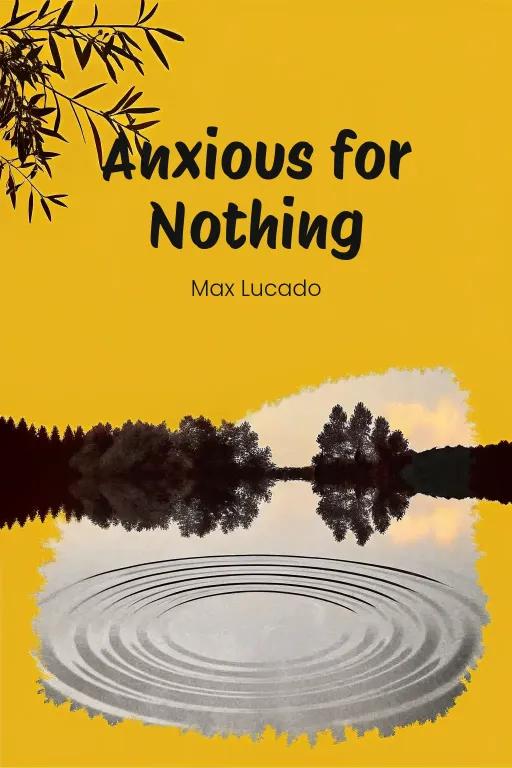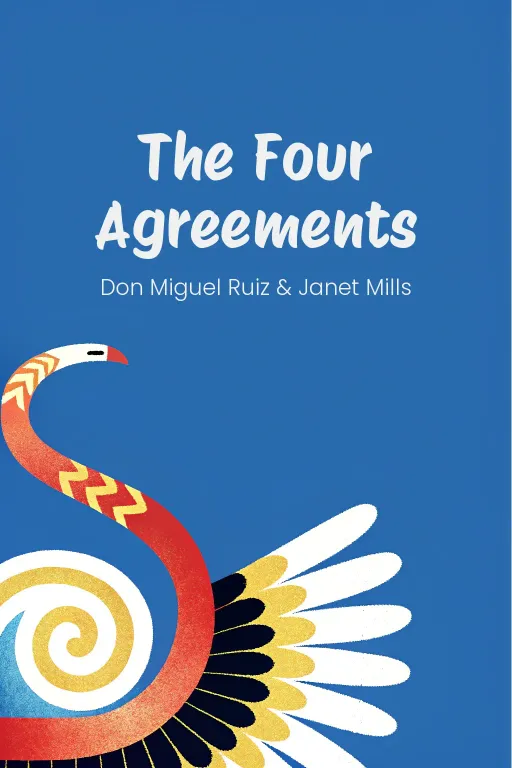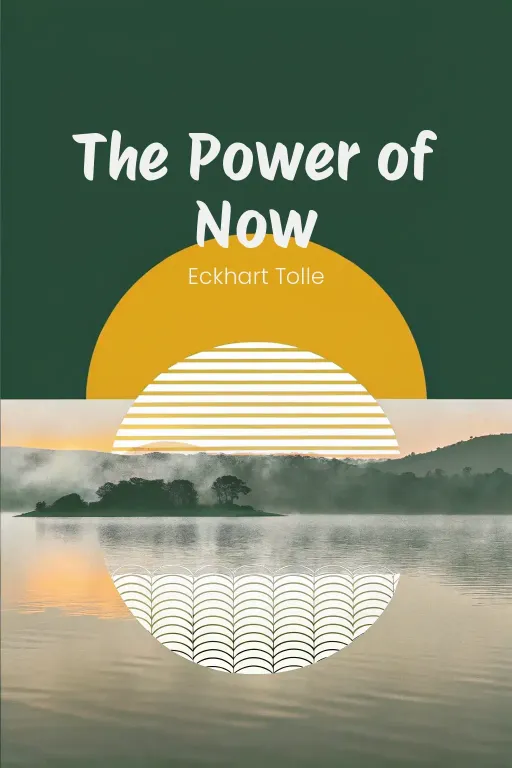
The Power of Now
Mindfulness & Happiness
Eckhart Tolle
Summary of "The Power of Now" by Eckhart Tolle
Eckhart Tolle's "The Power of Now" emerges not merely as a book, but as a profound spiritual guide, beckoning readers toward a radical shift in consciousness through the embrace of present-moment awareness. Tolle meticulously dismantles the illusory grip of the incessant mind, exposing its role in perpetuating suffering and obscuring the path to genuine inner peace. This transformative text serves as a roadmap for navigating the complexities of consciousness, relationships, and the ego, advocating for practices that liberate individuals from the shackles of mental constructs and foster a deeper connection with their authentic selves.
Tolle's treatise is predicated on the fundamental premise that suffering arises from an over-identification with the ceaseless потоа на thoughts, memories, and projections that constitute the mental landscape. He contends that the analytical mind, while a powerful tool when wielded consciously, often becomes a source of torment when left unchecked, trapping individuals in cycles of anxiety, regret, and self-limiting beliefs. To transcend this mental prison, Tolle introduces the concept of "presence," a state of heightened awareness accessible only in the present moment, wherein one can observe thoughts and emotions without judgment or attachment.
Illusions of the Mind and the Power of Presence
A central tenet of "The Power of Now" lies in deconstructing the illusion of time as a psychological construct. Tolle argues that the past and future exist primarily as mental fabrications, diverting attention from the only reality that truly matters: the present moment. By surrendering to the Now, individuals can disentangle themselves from the ego's relentless pursuit of validation and control, finding liberation from the burdens of regret and anticipation.
Tolle elucidates the nature of the ego, characterizing it as a false sense of self constructed from external identifications, societal expectations, and the narratives spun by the mind. He argues that the ego's insatiable need for validation perpetuates a cycle of dissatisfaction, as true fulfillment can only be found in transcending the limitations of this artificial construct. Through mindfulness and self-observation, individuals can recognize the ego's machinations and gradually disidentify with its demands, paving the way for a deeper connection with their authentic being.
Practicing Presence: Pathways to Inner Freedom
"The Power of Now" offers a plethora of practical techniques for cultivating presence in everyday life. Tolle emphasizes the importance of observing one's thoughts and emotions without judgment, treating them as transient phenomena rather than identifying with their content. He advocates for practices such as mindful breathing, inner body awareness, and meditation, which serve as anchors to the present moment and facilitate a deeper connection with the stillness within.
Tolle underscores the transformative potential of surrender—a conscious decision to accept the present moment without resistance. He argues that resistance to what is only exacerbates suffering, while acceptance allows for the dissolution of egoic defenses and the emergence of inner peace. By embracing the Now, individuals can tap into a wellspring of power and clarity, responding to life's challenges with wisdom and compassion rather than reacting from a place of fear or defensiveness.
Moreover, Tolle explores the impact of presence on interpersonal relationships, asserting that genuine connection can only arise in the absence of ego-driven expectations and unconscious patterns. He encourages readers to cultivate awareness in their interactions, fostering compassion, authentic communication, and a deeper understanding of themselves and others. Relationships, in this context, become opportunities for spiritual growth, as individuals learn to transcend the limitations of their egos and embrace the shared humanity that unites them.
The Alchemy of Suffering and the Dawning of Awareness
Tolle addresses the role of crisis and suffering as potential catalysts for spiritual transformation. He suggests that profound adversity can shatter the ego's defenses, creating an opening for deeper awareness and self-discovery. By embracing suffering rather than resisting it, individuals can transmute pain into wisdom, finding meaning and purpose in the face of hardship.
"The Power of Now" culminates in an eloquent exhortation to embrace the ultimate power of presence, recognizing that the present moment is the gateway to inner peace, spiritual awakening, and a profound connection with the divine. Tolle encourages readers to commit to continuous mindfulness and awareness, cultivating a state of enlightened living characterized by unyielding joy, love, and fulfillment. Through this transformation, individuals not only enhance their own lives but contribute to a collective awakening of consciousness, fostering a more compassionate and harmonious world.
Ultimately, "The Power of Now" transcends the realm of self-help literature, offering a timeless message of hope and liberation for those seeking to transcend the limitations of the mind and embrace the transformative power of the present. By embracing presence as a way of life, individuals can unlock their inherent potential for peace, joy, and spiritual fulfillment, becoming beacons of light in a world often shrouded in darkness. The book thus serves as a testament to the enduring power of consciousness and the boundless potential for human transformation.


